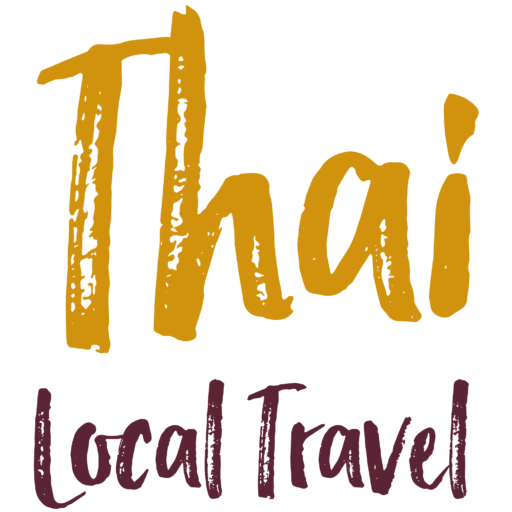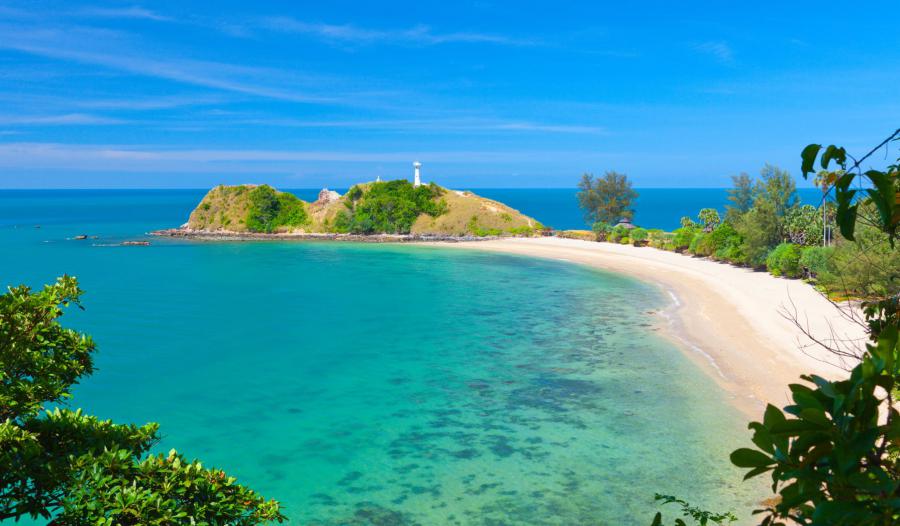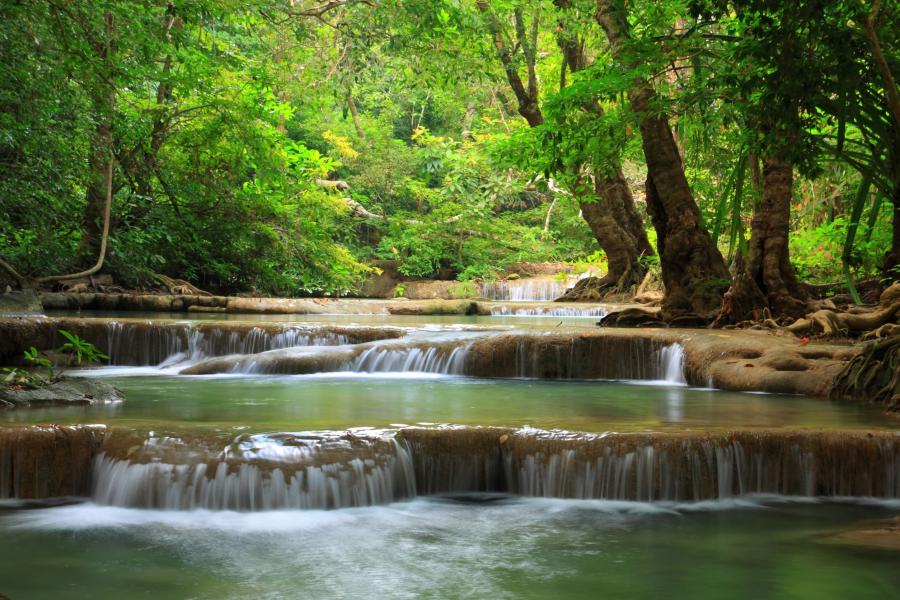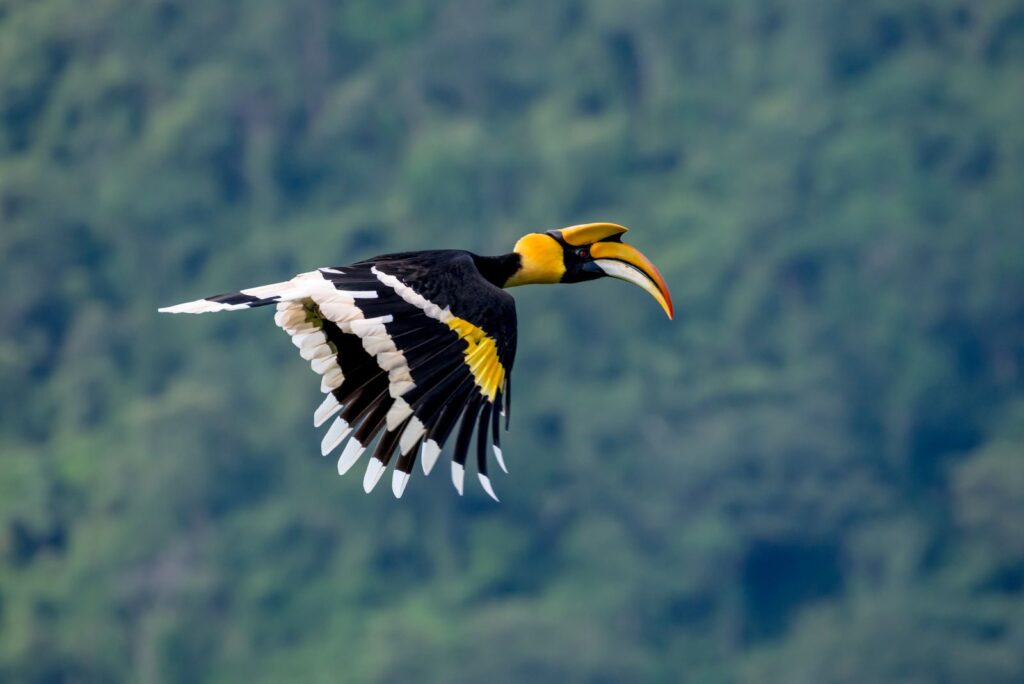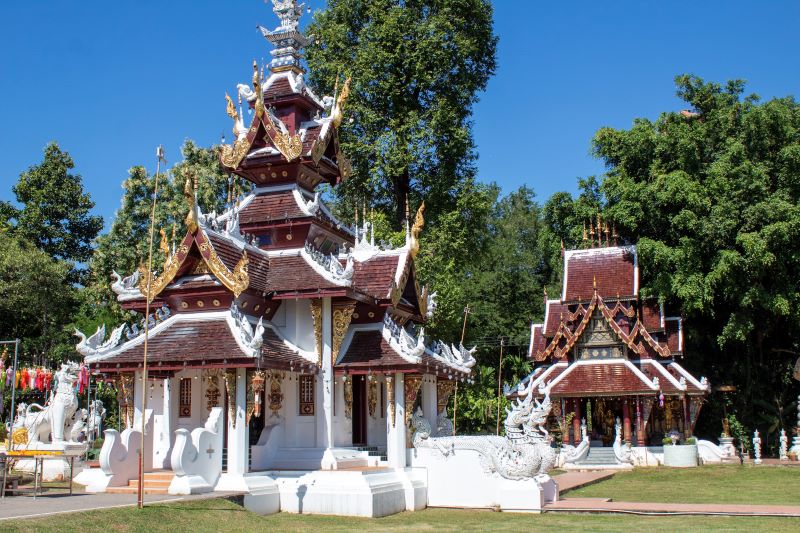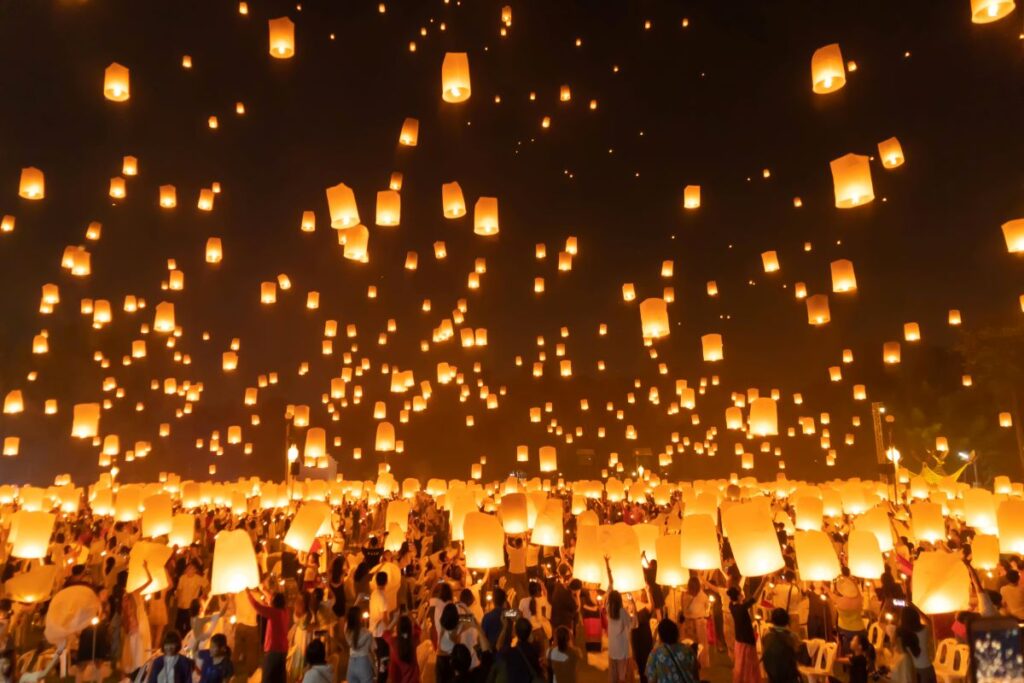People who travel to Thailand or are considering living in Thailand usually have questions about needing a tourist visa, immigrant or non-immigrant visa. It can be overwhelming to think about and sift through all the information. However, it is relatively straight forward once you get all the information in one place, which is the purpose of this page.
One thing to consider is that the rules tend to slightly change all the time, especially since Covid-19. So it is important to check your home countries embassy site or the Royal Thai Consulate site for you home county.
Covid-19 restrictions have been lifted for countries on the visa on arrival scheme, so most people on a tourist visa no longer have to get PCR tests, quarantine, or show proof of health insurance. However, some countries are still required to, so again check your home country requirements.
Even if it is not required, everyone should still purchase Travel Insurance, which covers travel issues as well as medical. You never know! We recommend AXA for Thailand or Safety Wing, which also can be used for living in Thailand.
Besides tourist Visas, there are many types of Non-Immigrant Visas depending on your purpose and for living in Thailand. Most people will need type B (Work), Type O (Family), or Type OA (Retirement). You can stay long term in Thailand under certain Visa types. Living in Thailand by becoming a Permanent Resident can be done after the non-immigrant visa process. We have lists and resources at the bottom of this page.
List Of Topics
Tourism
The Tourist Visa Exemption Scheme
This is the most popular option for tourist, especially from western countries enter Thailand. Under this, citizens of over 40 countries and territories around the world may enter Thailand without a visa for a stay of up to 30 days and may extend their stay for another 30 day. This also has more exceptions, where some Asian countries can stay for 90 days. You can check your country information here on the Thai E-Visa government site.
When you arrive you are supposed to be in possession of a passport valid for at least 6 months, a round-trip air ticket, and adequate finances equivalent to at least 20,000 Baht per person or 40,000 Baht per family. I have never seen or heard of anyone being asked to show proof of finances. However airlines do check that you have a return ticket.
If you overstay your visa, you will be fined (550 baht/day). Depending on the length of overstay, you may also be arrested, detained, deported at your own expense, and banned from re-entering Thailand.
After arrival in Thailand, a tourist visa may be extended at the discretion of an immigration officer once for an additional 30 days with the total period of stay no longer than 90 days. There is a 1,900 Baht fee for the extension. This needs to be done at the Consulate Office in Chiang Mai or Bangkok, on the 30th day of your stay. This option also may be available through the new Thailand E-Extension Website.
Visa On Arrival
VOA is different from the tourist visa exemption, in that this is only good for 15 days, and for the following countries. Bulgaria, Bhutan, China, Cyprus, Ethiopia, Fiji, Georgia, India, Kazakhstan, Malta, Mexico, Nauru, Papua New Guinea, Romania, Taiwan, Uzbekistan and Vanuatu. Again, the rules change all the time, and currently after covid the Thai government has been extending the stay periods for countries like China.
Tourist Visas
- U.S. citizens, and those from Visa Exemption Scheme, entering Thailand for fewer than 30 days do not require a visa.
- Make sure that your passport is valid for at least six months beyond the date of your arrival in Thailand to avoid possible denied entry. They will check!
- Thai immigration officials or airline staff may ask for your onward/return ticket. The airlines always check.
- Business travelers, U.S. government employees travelling on official business, teachers, retirees, and those planning to stay longer than 30 days should check with the Royal Thai Embassy about visa requirements.
If an individual wishes to remain in Thailand for more than 30 days, he/she may wish to obtain a tourist visa at the Royal Thai Embassy or Consulate in their home country, prior to arriving in Thailand. You can now check the requirements on the official Thai E-Visa Website. The tourist visa must generally be used within 90 days from the date of issue and allows an initial stay of 60 days. After arrival in Thailand, a tourist visa may be extended at the discretion of an immigration officer once for an additional 30 days with the total period of stay no longer than 90 days. There is a 1,900 Baht fee for the extension.
Working In Thailand
All foreigners interested in working in working in Thailand must obtain a Thai work permit and a Thai work visa. In order to receive a work permit, a company, foreign government, or other organization in Thailand must file an application on the behalf of the work visa applicant. Once obtained, the work visa is valid for one year.
For more information, please consult the Ministry of Foreign Affairs the Royal Thai Embassy in Washington, D.C. websites. Please note that you will likely be required to provide authenticated copies of your academic degrees. The Embassy cannot authenticate degrees – please visit this page for information on how to do so.
These days many people are digital nomads living in Thailand. Here are some work permit questions answered on Digital Nomad Working and living in Thailand; from Thaiembassy.com.
Living In Thailand
Living in Thailand is amazing, with incredible people and culture, food, sights, and things to do. It you are like the tens of thousands expats who are living in Thailand, you must navigate the slightly complicated permanent residency process and options. And depending on your situation, you may need to hire professional help.
Generally you are either under a Non-Immigrant Visa or Long Stay Visa.
Here we will show you some of the options. And just like the tourist visa, there are all sorts of exceptions and country specific rules, so we have links below to dig into the details.
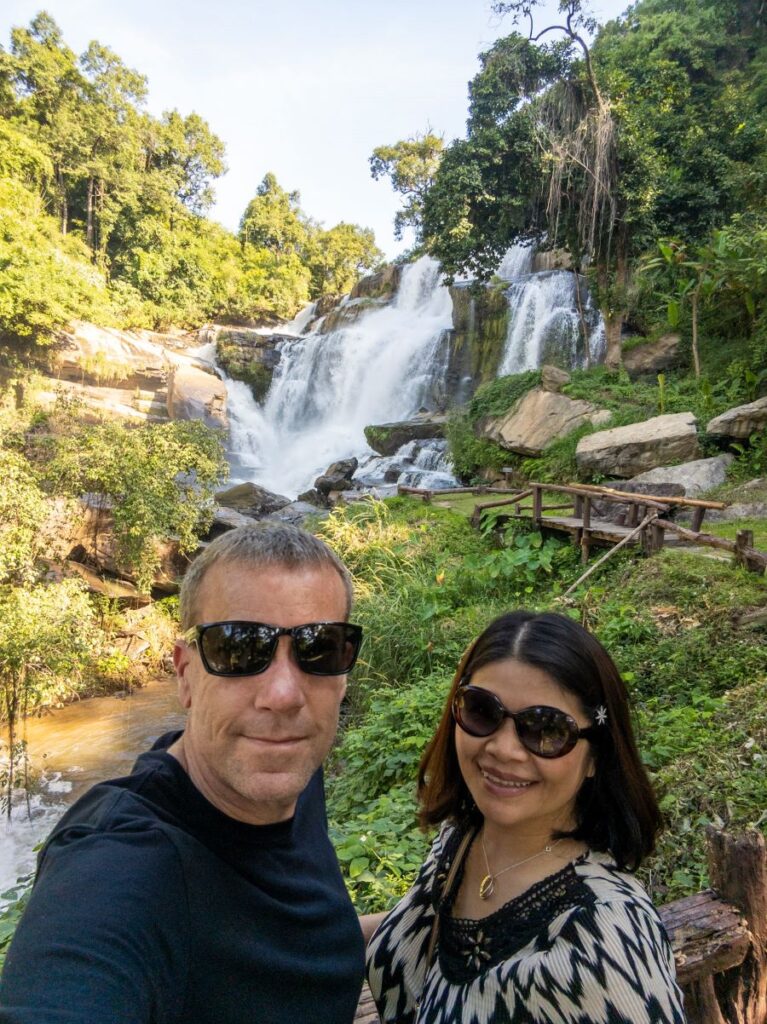
Retirement Visas
Retirement Visas (Long Stay Visas, OA or OX) for living in Thailand are available to foreigners 50 years of age or older. These visas are valid for only one year and employment of any kind is strictly prohibited. According to Thai immigration, applicants must meet the following qualifications:
- Applicant must be able to provide proof of a pension or other regular income from a source outside of Thailand;
- Applicant’s pension or other regular income must be no less than the equivalent of 65,000 Baht per month;
- Alternatively, the applicant may meet the financial requirement by maintaining a Thai bank account with a minimum amount of 800,000 Baht. (Applicants will need to show that they have 800,000 Baht in savings each year when they renew their visa.)
- Any applicant married to a Thai citizen may be able to receive a visa on that basis rather than retirement.
Marriage Visa
This is a visa available to individuals who are married to a Thai citizen and meet the requirements set by the Immigration Bureau for living in Thailand. This visa allows for a continuous one-year residence in Thailand without requiring the holder to leave the country. You are also able to apply for a work permit.
You must first acquire a 90-day Non-Immigrant O Visa from the Thai Embassy or consulate in your home country or country of residence. Alternatively, this visa can also be obtained from neighboring countries of Thailand.
Thai Elite Visa
The Thailand Elite Visa is a long-term visa categorized under the Privilege Entry Visa. It allows residency in Thailand along with additional benefits for a period between 5 and 20 years, depending on the chosen package. The Elite Visa is a 5-year renewable multiple-entry visa with an extendable 1-year length of stay per each entry. Be aware, the reason it uses the word ‘elite’, is because it is very expensive. You are basically buying your way in.
Permanent Resident Visa
To qualify for this visa, you must have stayed in Thailand for 3 consecutive years with 1-year visa extensions. If you have been married to a Thai citizen for 5 years, you must be earning 40,000 THB per month. If you are single, your monthly income must at least be 80,000 THB.
For additional requirements and information, please consult the Ministry of Foreign Affairs.
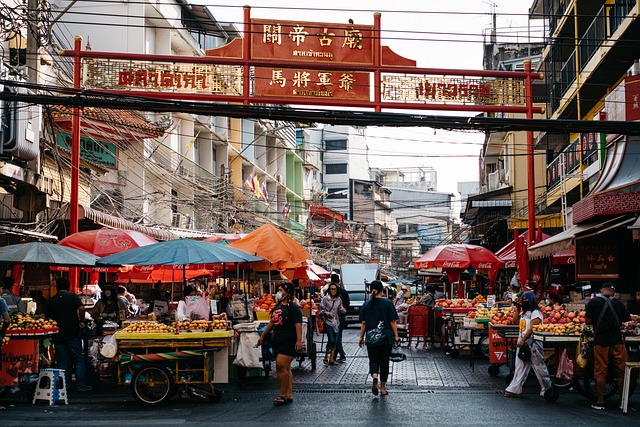
Resources and Notes:
Here are notes and resources to help you research and get a visa when needed.
Visa Types
(Courtesy of the Thai Ministry of Foreign Affairs)
General visa types
- Permanent resident: To qualify for this visa, you must have stayed in Thailand for 3 consecutive years with the one-year visa extensions. If married to a Thai for 5 years, one must be earning 40,000 baht/month. If single, your monthly income must be 80,000 baht minimum.
- Tourist: If an individual wishes to remain in Thailand for more than 30 days, he/she may wish to obtain a tourist visa at a Royal Thai Embassy or Consulate prior to arriving in Thailand. The tourist visa must be used within validity date, that varies with the number of entries purchased, and allows an initial stay of 60 days. After arrival in Thailand, a tourist visa or a visa exempt entry may be extended once for an additional 30 days.
- Transit: This type of visa is issued to applicants who wish to enter the Kingdom for the following purposes: to travel in transit through the Kingdom in order to proceed to the country of destination or to re-enter his/her own country (category “TS”). This Visa type is usually not needed when transiting through airports, as long as you do not go through immigration.
Non-Immigrant visa types
- Type B: to conduct business, work, attend business conferences, teach school, attend scuba diving, muay Thai, and massage courses.
- Type D: diplomatic visa
- Type ED: to study; to come on a work study tour or observation tour; to participate in projects or seminars; to attend a conference or training course; to study as a foreign Buddhist monk.
- Type EX: to undertake skilled work or to work as an expert or specialist.
- Type F: to perform official duties, e.g., military exercises or governmental assignments.
- Type IB: to invest or perform other activities relating to investment, subject to the provision of the established laws on investment promotion.
- Type IM: to invest with the concurrence of the Thai ministries and governmental departments concerned.
- Type M: to work as a film-producer, journalist, or reporter with permission from the Ministry of Foreign Affairs.
- Type O: to visit family (marriage); to perform duties for a state enterprise or social welfare organizations (NGOs); to receive medical treatment; to be a sports coach as required by the Thai government.
- Type O-A: retirement visa.
- Type R: to perform missionary work or other religious activities with the concurrence of the Thai ministries or government departments concerned.
- Type RS: to conduct scientific research or training or teaching in a research institute.
- Type S: to participate in an officially recognized sports event.
Links To Resources
iVisa – This is the best source for help with travel visas and passports. With iVisa Plus, enjoy free standard service fee for eVisas, Health Declarations and Embassy Registrations.
Thai E-Visa Official Website: This is a great new gov website to start with. They have tools to determine which type of visa you may need.
Thailand E-Extension Website: You can use this to extend your tourist visa online.
Ministry of Foreign Affairs- Kingdom of Thailand
U.S. State Department Or Royal Thai Consulate- Los Angeles
Facebook Visa Forum: Good source for asking or following other people’s Visa questions.
Digital Nomad Working and living in Thailand; from Thaiembassy.com
